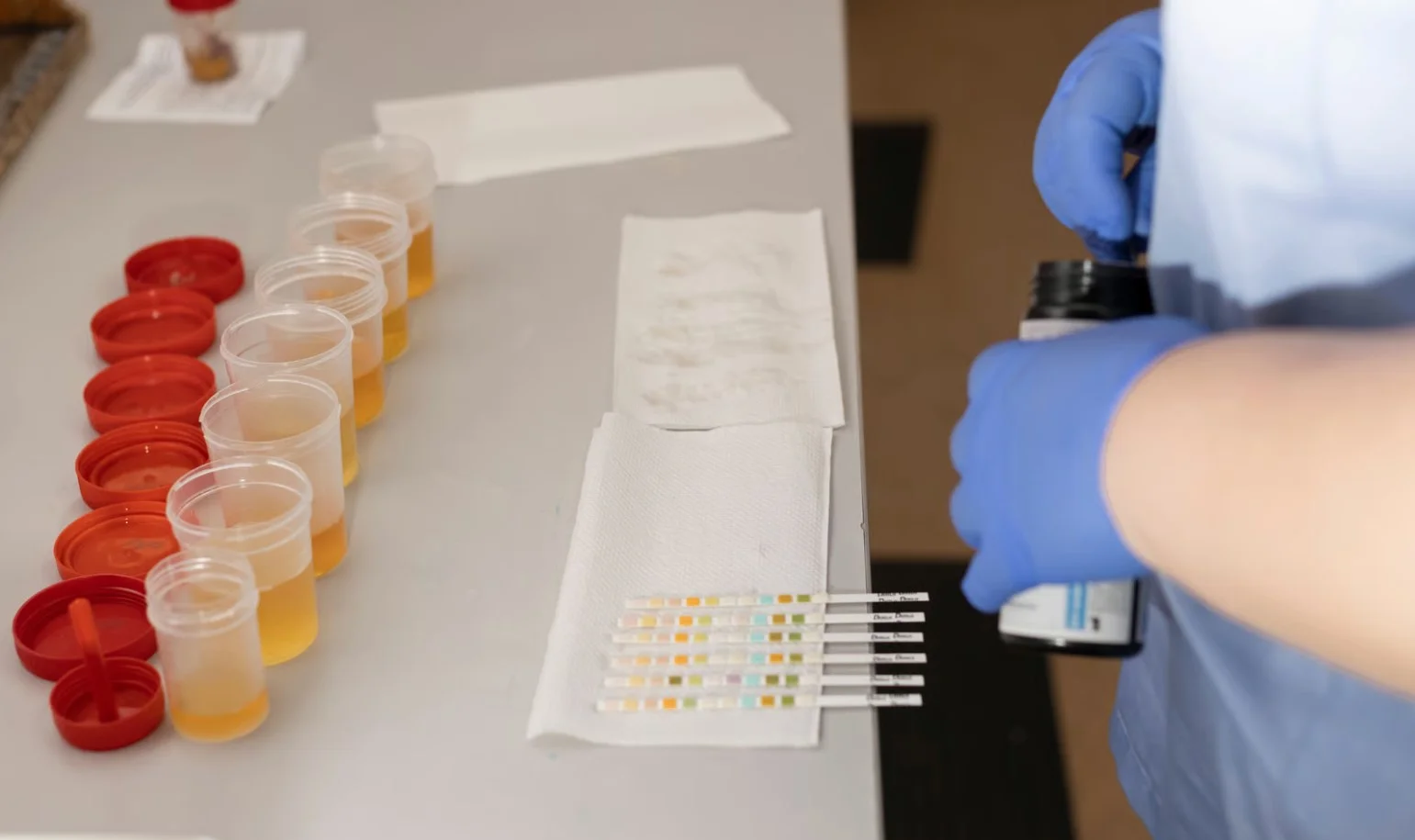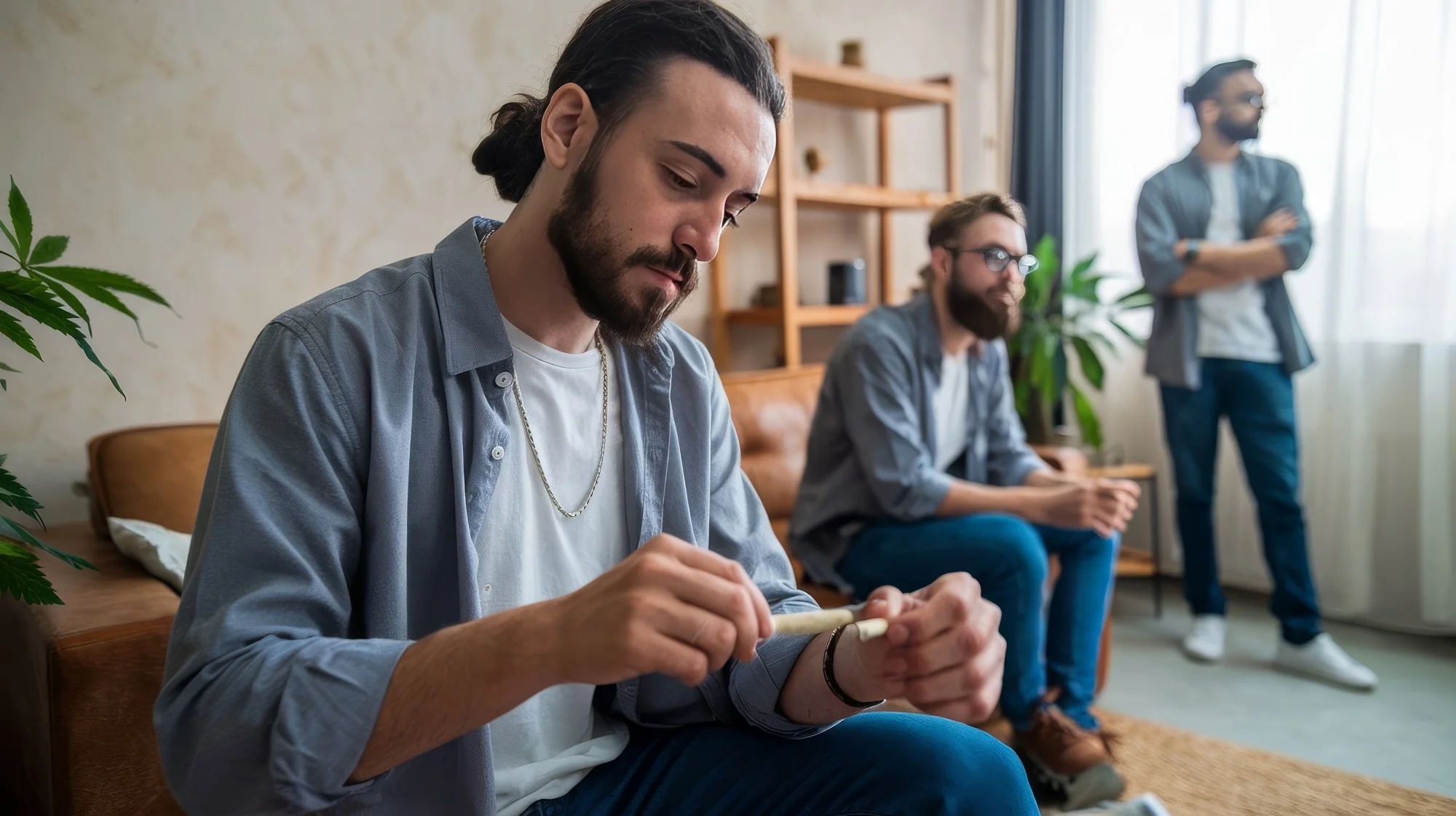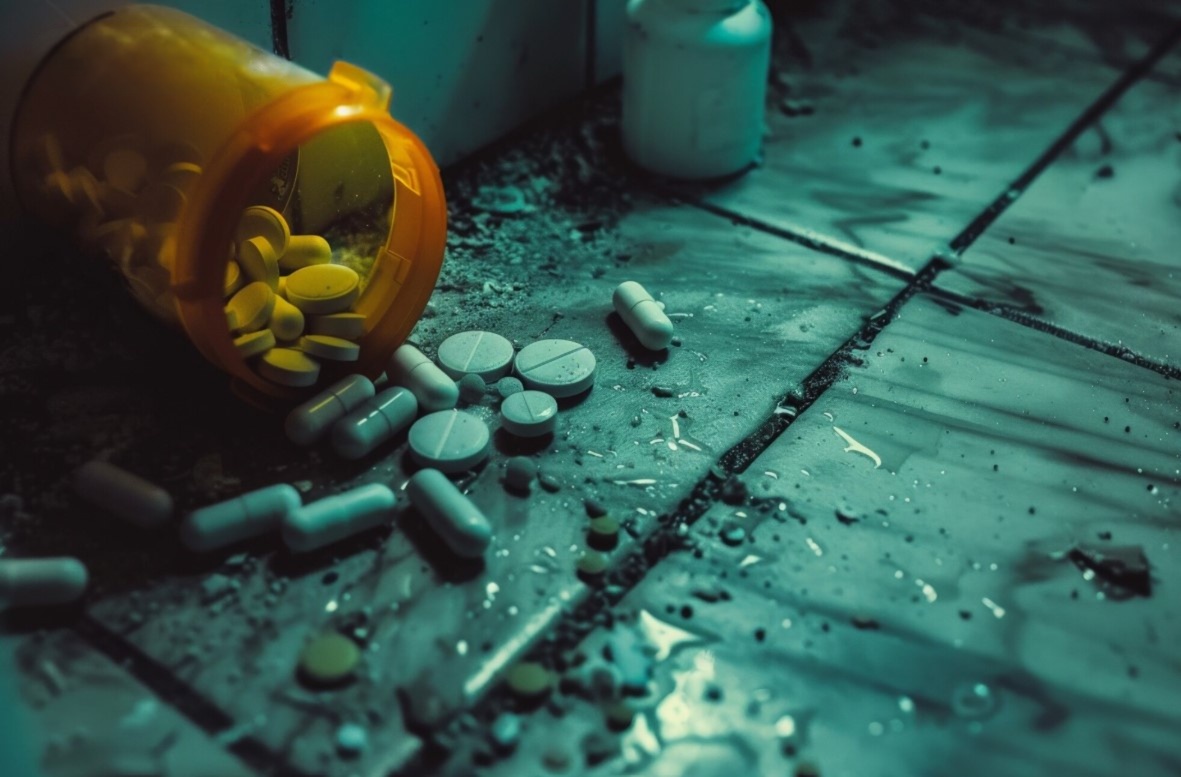Recovering from addiction, a mental health challenge, or a dual diagnosis can be a real isolating experience. That’s exactly why peer support is such a game-changer in Intensive Outpatient Programs (IOP). In an IOP setting, you don’t just get therapy, you also learn to rely on each other, build resilience and a strong recovery community that sticks with you long after treatment is over.
Peer support in IOPs helps people connect on a deeper level, builds trust, empathy and motivation. These are 30 effective peer support strategies that help individuals make real progress in their recovery and actually start to thrive in outpatient treatment.
1. Smaller Group Sessions
When you’re in smaller groups, it feels like a safer space for people to really open up and share their thoughts. By keeping groups small, everyone gets a chance to speak, reflect and get some feedback.
2. Peer Mentorship Programs
Matching people up with a mentor who tries to be along in their recovery journey. It gives new participants the chance to feel supported, guided and understood by someone who’s been in their shoes.
3. Sharing Journals
When people record their recovery experiences in a journal and share their entries in group discussions, it really helps build emotional expression and sympathy.
4. Daily Check-Ins
Just a quick morning or evening catch-up to keep everyone connected and accountable is a great way to make sure people stay on track. You can do it in person or virtually to suit the kind of IOP you’re enrolled in.
5. Recovery Goal-Setting Partnerships
Pairing people up to set weekly recovery goals really helps them stay motivated and keep an eye on progress together.
6. Giving Each Other a Boost
At the end of each week, people give each other a shout-out, which is positive affirmation or compliment about the other person’s progress. It really creates an atmosphere of mutual encouragement.
7. Practicing Coping Strategies
By acting in stressful or triggering situations and practicing healthy coping mechanisms and communication strategies together, people can build on each other’s strengths.
8. Recovery Text Groups
Having a monitored, confidential chat group for participants to check in on each other and share their progress between sessions really helps keep motivation up.
9. Recovery Milestone Celebrations
Celebrating achievements like 30 or 60 days sober within the group is a great way to keep morale up and show people the progress they’re making.
10. Group Meditations
Group meditation or mindfulness exercises just help build calmness and a sense of shared healing energy which is always a good thing.
11. Accountability Partners
Having someone to remind you to get to sessions, complete assignments or stick to your wellness routine can be a huge help.
12. Peer-Led Recovery Sessions
When people get to lead certain sessions, it really empowers them, builds their confidence and gives them a chance to develop leadership skills.
13. Art Therapy
Using art therapy to express feelings can be a really powerful way to connect with others and discover new ways to process recovery challenges.
14. Group Feedback
Having a chance to share what you found helpful or what you struggled with at the end of each session and hearing what others thought. This really gives everyone a voice and a sense of ownership in the group process.
15. Book Clubs
Talking about books, podcasts or inspirational stories as a group can really spark some meaningful conversation and shared insights.
16. Volunteering
Doing some community service together can be a great way to build purpose, solidarity and social responsibility among group members.
17. Healthy Challenges
From fitness goals to journaling streaks, having some healthy challenges can really help create shared motivation and accountability.
18. Walking Together
Just taking a walk after sessions or on the weekends can be a great way to get some fresh air, have some informal bonding and get some mental health benefits.
19. Group Reflection
Taking a bit of time at the end of each session to reflect on what you learned or what you took away can really help reinforce the impact of the day’s therapy.
20. Shared Resources
Having a shared bulletin or online board for inspirational quotes, podcasts or educational videos can really let people contribute to each other’s growth.
21. Conflict Resolution
Learning to navigate disagreements respectfully and safely is really important, and role-playing conflict can be a great way to build stronger emotional intelligence in the group.
22. Recognising Each Other’s Progress
Giving people some recognition for their commitment to their recovery like a certificate or a shout-out in group which can be a great way to boost morale.
23. Sharing Recovery Stories
Getting to share your recovery journey with others can be a huge inspiration, and it shows that progress is possible no matter where you start from.
24. Accountability Calls
Having a weekly phone or video call with someone to check on each other’s mental health, triggers and progress can be a real lifesaver.
25. Safe Sharing Agreements
Having some ground rules about confidentiality and non-judgment in the group can really encourage people to open up and be vulnerable.
26. Setting Wellness Goals
Using a goal board to set and track progress on wellness habits can be a great way to stay motivated and focused on recovery. Collaboratively designing a visual goal board for the group keeps recovery targets front and center and unites everyone’s focus around what matters most.
27. Gratitude Sharing
Starting or ending sessions by having each participant name a few things they’re genuinely grateful for really helps to build positivity and emotional healing.
28. Crisis Support Pairing
By matching each participant with a designated peer to turn to during tough moments or times of temptation, we can really reduce feelings of isolation in those high-risk moments.
29. Peer Education Sessions
Lets participants share knowledge they’ve gained on coping skills, nutrition, or mindfulness and that fosters some wonderful collaboration and mutual empowerment.
30. Alumni Connection Programs
By getting IOP alumni involved in peer sessions we give current participants some fantastic role models and real-world proof that long-term recovery is totally achievable.
Why Peer Support Really Works in IOP
Peer support isn’t just some optional add-on but actually one of the important aspect of recovery in any outpatient setting. When participants feel seen and supported by others who get what they’re going through, some really powerful benefits start to emerge:
- Reduced isolation: Participants start to see they’re not walking this journey alone after all.
- Stronger accountability: Knowing that there are people counting on you is a great motivator.
- Increased resilience: Shared wisdom from peers can be a huge help when it comes to managing triggers and setbacks.
- Emotional regulation: Empathy and validation from others can really help people better express and process their emotions.
- Higher completion rates: People are more likely to stick with their IOP program when they feel supported by their peers.
IOP peer support turns recovery into a team effort, where every single member becomes part of an empowering network of healing.
Building a Culture of Connection
A successful IOP doesn’t just provide therapy sessions; it creates a real sense of community. Building that culture takes a mix of structure and flexibility. Clinical staff can encourage open communication, promote inclusivity and integrate some peer-led initiatives, while participants can take ownership by supporting one another inside and outside of therapy hours.
Over time, those peer relationships often evolve into lifelong connections that continue to provide emotional support long after IOP graduation.
Whether it’s sharing a morning greeting, organizing some group activity, or simply being there for someone who needs to talk, each small act of support makes the collective journey towards recovery even stronger.
Conclusion:
Peer support is a strong reminder that recovery isn’t something you do on your own;it’s something you do with others. Every encouraging word, shared struggle and celebrated milestone brings people closer to lasting change.
The 30 strategies above show how small, intentional acts of connection can build a foundation of trust, resilience and long-term recovery success. Whether through mentorship, group reflection or simple accountability, these tools help individuals rebuild their lives.





